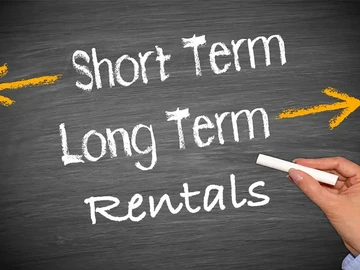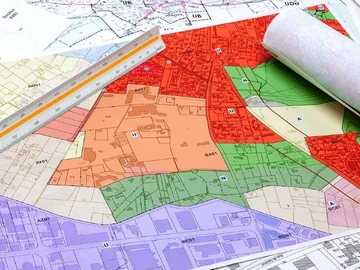Buying a home is one of the biggest and most fulfilling purchases you can make but it’s also a process that requires caution. In Zimbabwe, cases of fraudulent sales and illegal developments are not uncommon, which can lead to loss of property or funds. This guide outlines what you need to know, and the steps to take, to avoid becoming a victim.
Step 1: Decide What You Want to Buy
Start by assessing your needs, lifestyle, and financial capacity. Your ideal property should meet both your current needs and your future goals. Consider the following:
- Property type: stand (land) or existing home
- Ownership structure: freehold, sectional title, or cession
- Preferred location and surrounding infrastructure
- Access to water, security, transport, and other amenities
- History of price growth and development potential
In Zimbabwe, many people opt to buy stands and build gradually due to limited mortgage options. Cash sales are common, although flexible terms exist in some developments.
Step 2: Search for Property
Online platforms have made property hunting easier than ever. Browse listings on:
These platforms list thousands of properties and connect you with verified estate agents.
Step 3: Work with a Registered Estate Agent
Before engaging with any agent, verify that they are registered with the Estate Agents Council of Zimbabwe (EACZ).
A registered estate agent will:
- Provide verified property information
- Coordinate offers and negotiations
- Draft and manage the Agreement of Sale
- Guide you through the due diligence process
- Hold funds in a Trust Account pending completion
Step 4: Conduct Due Diligence
Before making an offer, it’s critical to verify that the seller has legal rights over the property. Your agent or legal advisor will check with relevant authorities such as:
- Deeds Office
- Local authority or municipal offices
- Surveyor General
- Developer (for cession)
Documents to verify include:
For titled properties:
-
Original Title Deed
For properties under cession:
-
Valid allocation or offer letter
-
Signed Agreement of Sale from the allocating authority
-
Confirmation of the seller’s right to transfer (from council or developer)
A Deeds Search will uncover any:
- Mortgage bonds
- Caveats
- Restrictions or encumbrances
Also ensure you:
- Physically inspect the property
- Confirm the identity of the seller
Step 5: Sign Agreement of Sale and Make Payment
Once due diligence is complete and your offer is accepted:
-
An Agreement of Sale is drafted by your estate agent or legal representative
-
Payment is made into a Trust Account (managed by the estate agent or legal firm)
-
Funds are held until all conditions are met (e.g. transfer, clearances, tax)
Step 6: The Conveyancing Process
Conveyancing is the legal transfer of ownership from the seller to the buyer. This process is handled by a registered conveyancer and includes:
- Drafting of transfer documents
Application for:
- Rates Clearance Certificate (from local council)
- Capital Gains Tax Clearance (from ZIMRA)
- Levy clearance (for sectional titles)
Payment responsibilities:
- Seller: Capital Gains Tax, rates & levies
- Buyer: Conveyancing fees, stamp duty (if applicable)
Step 7: Transfer and Registration
Once all documents are approved, the conveyancer lodges them at the Deeds Registry Office. After examination and approval:
- The property is officially registered in your name
- You receive the Title Deed
- You are now the legal owner
Final Thoughts
Buying property in Zimbabwe is a major investment financially and emotionally. Following this step-by-step process and working with qualified professionals will help ensure that your transaction is safe, legal, and successful.
Start your property search today on www.property.co.zw—Zimbabwe’s leading property marketplace.
 Continue with Facebook
Continue with Facebook
 Continue with Email
Continue with Email














